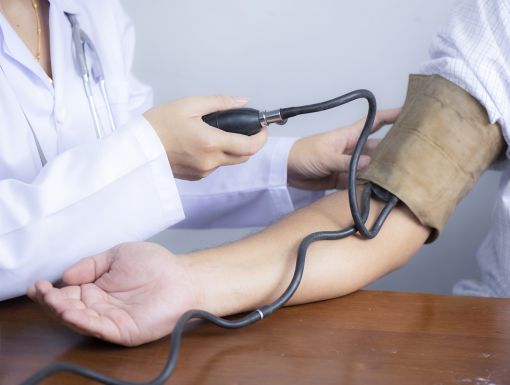
What is Heart Valve Disease?
When one or more of the valves in your heart doesn’t work properly, you may have heart valve disease. Your heart has four valves that help the blood flow in the right direction: the tricuspid, pulmonary, mitral and aortic. With heart valve disease, one or more of the valves in your heart doesn't open and/or close as it should, disrupting the blood flow through your heart to your body.
What problems can you experience with heart valve disease?
Some heart valve problems may develop at birth, while others can develop as adults due to infections and other heart conditions. Heart valve problems can include:
- Regurgitation (or backflow) – This occurs when a valve doesn't close tightly. Blood leaks back into the chambers when it should flow forward through the heart or into an artery. This happens most often as a result of prolapse. Prolapse is when the flaps of the valve flop or bulge back into an upper heart chamber during a heartbeat.
- Stenosis – Occurs if the flaps of a valve thicken, stiffen or fuse together, preventing the valve from fully opening and allowing enough blood to flow through. Although some children are born with aortic stenosis, individuals aged 65 and above are most at risk for developing this condition since the valve deteriorates as the body ages.
- Atresia – Occurs when a valve lacks an opening, making it impossible for blood to pass through. This condition is a heart defect present at birth (congenital).
What are signs and symptoms of heart valve disease?
Some patients with heart valve disease may not experience any symptoms for years but can still have heart valve issues that need addressing. Some symptoms may include:
- Abnormal sounds (heart murmurs)
- Fatigue and fainting
- Swelling of ankles or feet
- Shortness of breath
- Chest discomfort
- Irregular heart beats
If you have a heart murmur or you develop any of these symptoms, it is important that you make an appointment with your cardiologist.
What complications can develop because of heart valve disease?
Heart valve disease can cause several complications, including:
- Blood clots
- Heart failure
- Heart rhythm abnormalities
- Stroke
- Death
What are risks factors of heart valve disease?
Factors that can increase your risk of developing heart valve disease include:
- Advanced age
- Certain forms of heart disease
- A prior heart attack
- Congenital heart disease (present at birth)
- Other hear disease risk factors, such as high blood pressure, high cholesterol and diabetes
- Previous infections that can affect the heart
How healthy is your heart? Take the first step towards a healthy heart by taking our free heart health risk assessment here.



